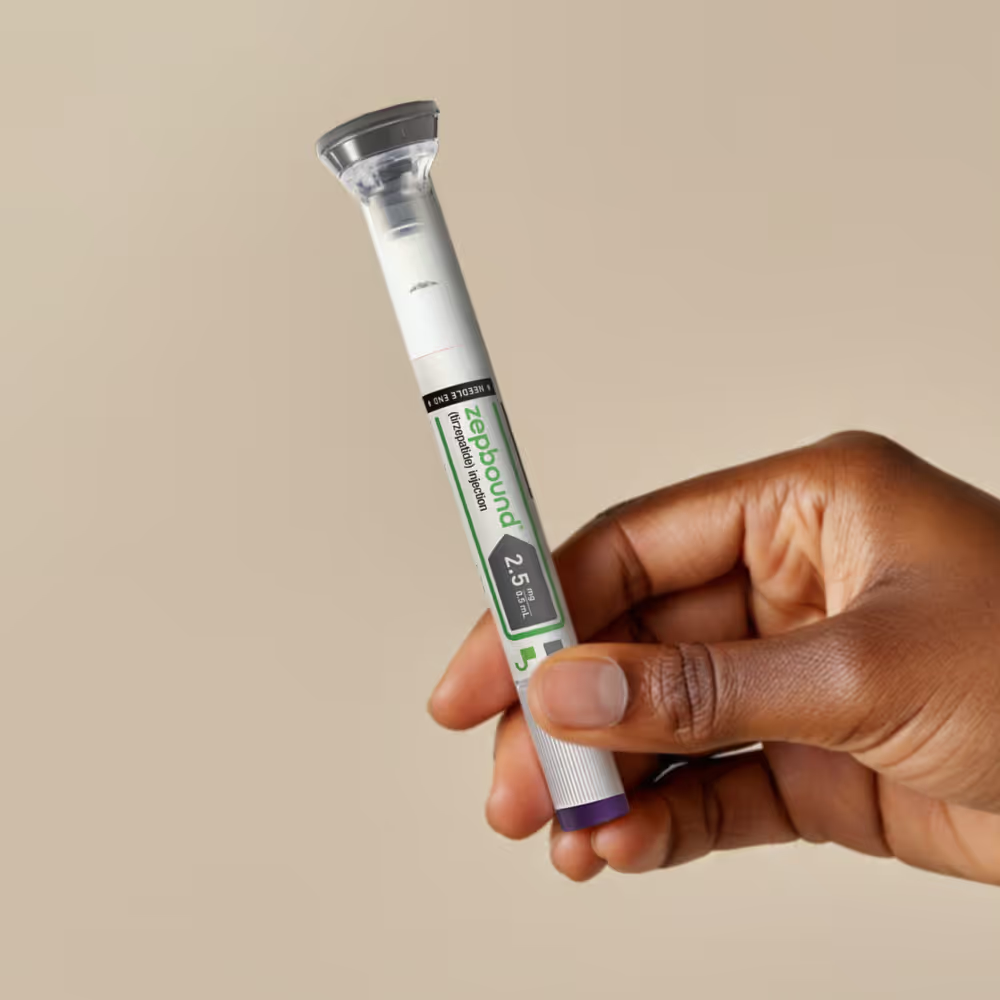The holidays and gatherings with loved ones are aften times of celebration, but for many, they bring an unwelcome sidekick: food noise. This constant internal chatter about what to eat, what not to eat, and how your choices align with your health goals can dampen the joy of the season. At Alan, we believe that you can stay on track with your health journey without sacrificing the festive spirit. This article offers practical strategies to quiet the noise and embrace celebrations with confidence.
What Is Food Noise and Why Does It Spike During these times?
Food noise refers to intrusive thoughts and stress about food decisions. It’s amplified during the holidays due to:
- Social Pressures: Family gatherings often come with unsolicited comments about what’s on your plate.
- Emotional Eating Triggers: Holiday nostalgia or stress can lead to turning to food for comfort.
- Abundance of Choices: Endless buffets and indulgent treats create decision fatigue.
- Health Goals in Conflict: The desire to enjoy the holidays while staying aligned with weight loss or wellness goals.
Acknowledging these triggers is the first step to reducing food noise.
Tips to Reduce Food Noise
1. Practice Mindful Eating
Mindful eating is a powerful way to reduce food noise. By slowing down and savoring each bite, you can fully appreciate the flavors and textures of your meal. This practice not only helps you feel more satisfied but also gives your body time to register fullness, reducing the likelihood of overeating. During holiday gatherings, focus on being present—enjoying conversations and the company around you—rather than overanalyzing your food choices.
2. Stay Hydrated
Drinking more water can significantly reduce food noise. Often, the body confuses thirst with hunger, leading to unnecessary snacking. Keep a water bottle handy throughout the day, and have a glass of water before meals to help you better recognize true hunger signals. Staying hydrated can also help with digestion and overall energy levels, ensuring you feel your best during the festivities.
3. Set Realistic Expectations
The holidays are about celebration, not perfection. Instead of striving to avoid every indulgence, prioritize the foods or traditions that matter most to you. Whether it’s savoring a special dessert or enjoying a festive cocktail, allowing yourself these moments guilt-free can help maintain balance. Remember, one meal or treat won’t derail your progress—what matters is the consistency of your habits over the entire season.
4. Plan Ahead
Avoid skipping meals in anticipation of a big event; this often leads to intense hunger and impulsive eating. Instead, eat a small, balanced snack beforehand that includes protein and fiber to keep you satisfied. If you’re attending a potluck, bringing a dish that aligns with your health goals ensures there will be an option you feel good about while contributing something delicious for everyone to enjoy. Check out our 7-Day Meal Plan for simple, healthy recipes.
5. Shift Your Mindset
Reframing your thinking about food can make a big difference. Focus on what you can enjoy, such as the social connections and festive atmosphere, rather than fixating on restrictions. If you find yourself overindulging, practice self-compassion. A single meal doesn’t define your progress, and the holidays are a season to be enjoyed. The key is to move forward without guilt and stay consistent with your overall goals.
Conclusion
The holidays should be about joy, connection, and creating memories—not food anxiety. By practicing mindful eating, setting realistic goals, and seeking support when needed, you can reduce food noise and fully enjoy the season. Remember, balance is key, and Alan is here to support you every step of the way.







































































.avif)
%20(1).avif)
.avif)






